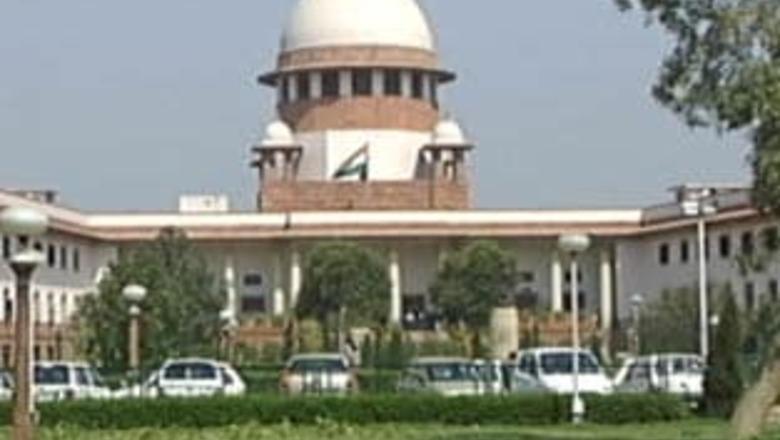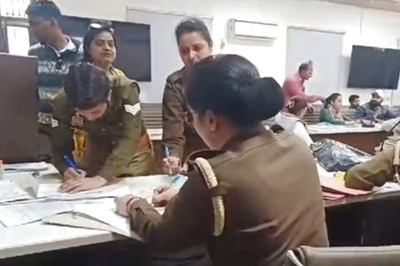
views
New Delhi: The Delhi High Court on Monday stayed an order passed by the Central Information Commission asking the Supreme Court's information officer to give information to an RTI applicant on whether judges of the Supreme Court have declared their assets to the CJI.
On a petition filed by the CPIO of Supreme Court challenging the January 6 order passed by CIC, Justice S Ravindra Bhat appointed noted jurist Fali S Nariman as the amicus curiae (friend of court) to assist the court and fixed February 12 as the next date of hearing of the matter.
In the petition, the Supreme Court said that information relating to declaration of assets by the apex court judges to the CJI was not a mandatory exercise under the law.
However, a full court resolution of Supreme Court on May 7, 1997 required every judge to declare to the CJI assets including properties or any other investment in the name of their spouse and any person dependent on them.
Objecting the CIC order, the petitioner said the order is excessive and without jurisdiction and the appeal made distinction between the apex court as an institution and the office of the CJI.
"Neither is the office of CJI a public authority nor does the information relating to judges' assets come in the public domain," the Supreme Court said.
On January 6, the CIC asked the Supreme Court's registrar to provide information within 10 days on whether the judges of the apex court declare their assets to the CJI?
Meanwhile, the Supreme Court supplied a copy of May 1997 resolution to the CIC and the registry said that there is nothing under the Constitution or any law which required the judges to declare their assets to CJI.
Filing an application under RTI Act, Subhash Chandra Aggarwal sought an information as to whether the apex court judges comply with the 1997 resolution and declare their assets to CJI.
In the application he also sought to know whether the judges of High Courts disclose their assets to their respective Chief Justices.




















Comments
0 comment